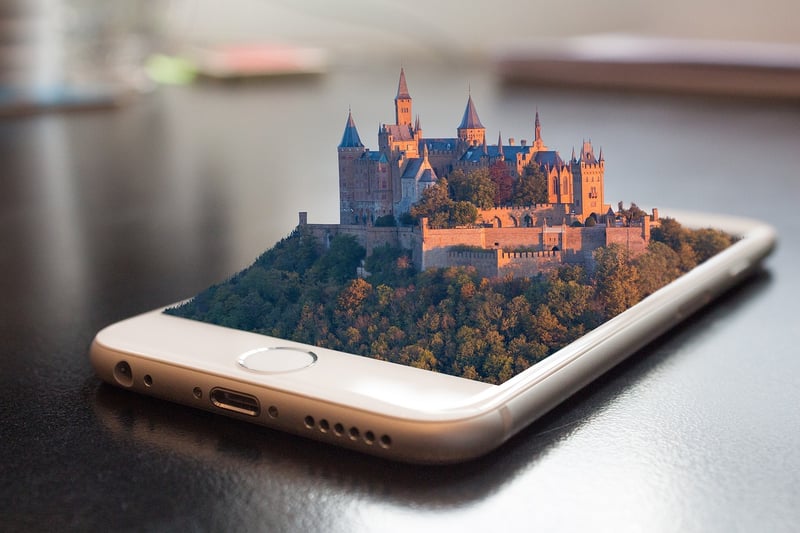Industry Simulations
Exploring Careers Using VR Technology and Industry Simulations
Virtual Reality (VR) technology has revolutionized the way we experience and interact with various environments. One of the exciting applications of VR is in simulating industry-specific scenarios to help individuals explore careers and gain practical insights into different fields. Let's delve into how VR technology is being used to create immersive industry simulations for career exploration.
The Benefits of VR Technology in Career Exploration
VR offers a unique opportunity for individuals to step into a virtual environment that replicates real-world scenarios within specific industries. By using VR headsets and controllers, users can engage in tasks and challenges that mimic the day-to-day activities of professionals in various fields. Some of the key benefits of using VR for career exploration include:
- Hands-on experience in a safe and controlled environment
- Exploration of multiple career paths without physical constraints
- Real-time feedback and assessment of skills and abilities
- Enhanced engagement and retention through interactive simulations
Industry Simulations in VR
VR technology is being leveraged to create industry-specific simulations that provide users with a glimpse into different professions. From healthcare and engineering to aviation and hospitality, VR simulations offer a realistic and immersive experience that can help individuals make informed decisions about their career paths. Some examples of industry simulations in VR include:
1. Healthcare:
Medical students can practice surgical procedures, diagnose patients, and interact with virtual anatomy models to enhance their skills and knowledge in a risk-free environment.
2. Engineering:
Aspiring engineers can design and test prototypes, troubleshoot complex systems, and collaborate with virtual teams to gain practical experience in different engineering disciplines.
3. Aviation:
Pilot trainees can navigate virtual flight simulations, practice emergency procedures, and improve their decision-making skills under challenging conditions to prepare for real-world aviation scenarios.
4. Hospitality:
Students pursuing careers in hospitality can interact with virtual guests, manage hotel operations, and simulate customer service scenarios to develop essential skills in the hospitality industry.
Exploring Career Paths with VR
Whether you are a student exploring future career options or a professional looking to switch fields, VR technology offers a dynamic way to experience different industries and roles. By immersing yourself in industry simulations, you can gain valuable insights, improve your skills, and make informed decisions about your career trajectory.
Embrace the power of VR technology to unlock new career possibilities and embark on a journey of exploration and discovery in the diverse world of industries.

Start your VR career exploration today and step into a world of endless opportunities!
For more information on VR technology and industry simulations, visit VirtualReality.com.
